|
Submitted by Kirk Hetherington I'm one of those career-oriented people who approaches work seriously. Early in my career I did non-profit work, and I think that's at least part of the reason I expect to derive meaning and satisfaction from my work. After our first two children were born, I only took a few days off from work, because I wanted to save my vacation days for ... vacations. But by the time my wife and I were expecting our third child, and I was working at the director level, expectations were starting to change. In fact, I will never forget an email I received during that time, in 2018, from my company, Danaher. The message announced a new parental leave policy; eight weeks of paid time off for all new parents. While I was thrilled when the announcement was made, and I was excited about the idea of being able to spend significant time with our new baby, I found that even though I hadn't been shy about sharing the news that my wife was expecting with my management and co-workers, I was concerned that asking to use this new benefit might not be well-received. I wondered if a request to spend time with my new baby might be perceived as a lack of commitment to my career, even though nothing could have been farther from truth. So I was pleasantly surprised, but also a little apprehensive, when my manager, the VP of marketing, asked if I was planning to take a parental leave. After I danced around the question a bit by telling him that I thought it was a great opportunity, that I was glad the company was offering the benefit, but that I was seriously focused on delivering strong results and progressing in my career, my manager came right out and said, "I hope you take all eight weeks." I immediately responded, "I'll do it." And I did. When our son Zack was born, I took two full weeks off, and then I came back into the office just to check on things. After concluding that the organization could survive without me (ha), I went back home and took the remaining six weeks off. While I really do like to work hard, being able to step out during this time and focus on family exclusively, was incredibly meaningful and impactful. It alleviated some tension that might have existed otherwise. I consider myself an "all in" kind of guy who loved my work before the parental leave, and I love my work now. Taking the leave didn't change my commitment to my career, but it did cause me to appreciate my company, Danaher, even more. Of the many wonderful things that Danaher has given me in the last nine years, nothing has been more meaningful. It's also worth noting that throughout my parental leave the company leadership and my co-workers were super supportive. That time with my family was incredibly impactful, and I cherish that time to this day. Note: Danaher parental leave policies vary by country.
1 Comment
There's lots of talk about companies that offer paid parental leave, companies that should offer paid parental leave, and companies that don't offer paid parental leave. Back in the day, when I took maternity leave and my husband supplemented it with a combination of vacation time and some unpaid time off which we considered his paternity leave, most parental leave was unpaid (although there was some partially paid time-off provided in the form of disability leave for six weeks following the birth of a baby). Given that both my husband and I were earning above-average incomes, this meant that we lost a fair amount of income during our leaves and that we were able to financially plan for it and easily weather it. But make no mistake, we did have to plan for it. Fast forward 28 years, and I'm finding all the talk about the need for paid parental leave interesting. I agree it is a great benefit and believe it is most valuable for those with lower incomes. Interestingly, it seems like the companies who are most often offering paid parental leave right now are also the companies who pay their employees well. So theoretically, these employees could probably afford to take parental leave with or without the benefit (assuming they manage their finances well and their employers would welcome them back at the end). Or maybe it's fortunate that these companies are leading the way, and the benefit will be available to all, or at least more, after the positive affects are recognized. Recently, my husband and I were in an airport preparing to return home after a fun trip to New York City. As we sat at the gate, eating some expensive airport sandwiches, we watched others who were sitting in a high-end bar nearby, enjoying even more expensive food and drinks. One group of young people sat at one of those high tables and each of them had a "wine flight" in front of them. I asked my husband, "Why are we (the retired and financially secure couple) sitting here eating sandwiches while the young people are enjoying wine flights?!" I couldn't help but think about all of the stuff I'd have guessed they will need more than a flight of wine in the near future; things like the ability to take some unpaid time off after the birth of a child. Now I'm old enough to know that it's possible that those young adults are making lots more money than I ever did, they could have been born into wealth so they'll never have to think about budgeting, or they may be the best savers in the world who've already saved enough money for four parental leaves, as well as the college educations that will be expected on the other end of that financial journey. In the big scheme of things, wine flights aren't going to make or break too many budgets for people who can already afford to travel by air. But still, parental leaves, which we highly recommend, should not be out of reach for many couples. Thinking ahead, and budgeting appropriately, can enable many couples to make them a reality. And interestingly, I'm here to report that down the road, parents may not even miss the income lost during parental leaves. But old habits are hard to break, and young people who plan and budget so that they can take parental leaves may someday find themselves at the airport eating sandwiches at the gate ... instead of enjoying wine flights in a high-end bar.
Related stories:
Three stories Recently we raised the topic of "Shared Parental Leave" in the story Mind The Gap. Earlier this year, the UK government launched a campaign to encourage more parents to consider shared parental leave options, and they published commentary from three couples with experience; Kate and Dominic, Andy and Emma, and Tom and Christina.
Check out the short stories if you want to hear about their experiences.
Pointer to Poppy Harlow / RBG video clip
The RBG movie (and the review we wrote) got us thinking even more about spouses and the important roles they play in our careers. In fact, it caused me to head to YouTube to learn more about Ruth Bader Ginsburg and her husband, Marty, who are portrayed as Working Parent trail blazers.
The search led to a February 2018 interview with Ruth by CNN's Poppy Harlow. Their exchange, during the interview introductions, revealed another story about a supportive spouse; Poppy's husband, Sinisa Babcic. Watch the first minute and a half min of the video to hear the story. "Behind every great man there stands a woman" is a phrase I often heard growing up. It was stated as a compliment and recognized the value of a supportive spouse; always a wife back then. Many years later I find myself recognizing that there is a lot of truth in that statement; a great person or great people are often supporting people who achieve anything of value. Maybe some succeed against all odds and without any support, but the vast majority of us need somebody in our court; someone or someones who want to see us succeed, encourage us to strive for more, and are willing to make at least small sacrifices to help us achieve "great things". It's the reason we encourage people to establish relationships with mentors, coaches, managers and peers. When one's spouse can act in a supporting role, one has an advantage. When a spouse can act in multiple supporting roles, one has an even bigger advantage. It's hard to find a story that makes this point more clearly than the RBG story, but many of us have stories to tell. We've collected quite a few of them hoping that they will inspire you. Enjoy! More stories about supportive spouses:
Pointer to HBO's new Docu-Series Being Serena
Working moms on Reddit brought our attention to the new five-part Docu-Series on HBO* called Being Serena. The series chronicals the most recent events in Serena Williams' life; from winning the Australian Open while pregnant in April 2017 right up to attending the recent wedding of Prince Harry and Meghan Markle.
But it's the stuff in-between those events that is most interesting ... and inspiring ... and thought provoking ... and relatable. For those who don't know, Serena is married to Alexis Ohanian, one of the co-founders of Reddit, so it's especially interesting that Reddit led us to this program. Talk about a synergistic relationship! Working parents (both moms and dads) are likely to appreciate Serena's story and find themselves relating, thinking, and being inspired as they watch. * It appears that Being Serena is also available via On Demand until early July. More info.
Submitted by "Mom2Boys"
I am not the mom who cries when dropping her kids off, but today, as I prepared to return to work after completing my parental leave, was a little different. Our baby had his first day at school with his “experienced” big brother.
I can't begin to tell you how much we absolutely love our kids’ teachers, which is why I was positive I wouldn't cry when I put them in such good hands. I was doing well, dry eyes and everything, until I turned to walk out of the infant room and saw my older son's concern for his little brother; he was peering through a window checking on his baby brother as I left the room. His big heart was so obvious, and I could see him caring about and being protective of his little brother. It made my mom heart want to burst, but instead my eyes welled with tears. Later their teachers let me know that my older son insisted on visiting his baby brother multiple times throughout the day just to make sure he was adjusting well. I can’t imagine loving these boys any more and appreciate their caring teachers so much!
If you're planning to re-enter the workforce after an extended break, and you have kids that aren't newborns, it might help to consider the change from their point of view. Most kids find comfort in routine, so at least starting to establish a new routine, before you actually start the job, is likely to make the transition easier on everyone.
Think ahead. Chances are that you will need your kids to do more for themselves if you're going back to work. Asking them to take on more responsibilities around the house is great for them, and it should help you too. The key to a smooth transition is to be sure that your kids have taken on these new responsibilities before your first day on the job. Even relatively compliant kids will need "practice" before new routines run smoothly. We found that our kids usually threw three "fits" in a row when we imposed new routines on them. If we could endure those "fits" (which usually were just complaints, whines or worse), and stay firm (and consistent), the new routine tended to click by the fourth iteration and the kids often became enthusiasts. Maybe we're all that way :) Here are ideas for things most kids can be expected to take on around the house. Obviously their ability to take on various responsibilities will vary widely based on their ages.
Most kids are happy to help when they know that their contributions are meaningful; it gives them a great sense of accomplishment and helps build lasting self-esteem. This means that while they're taking on a new responsibility you need to be sure you're not hovering over them, offering too many suggestions, and/or criticizing their efforts. Let them make a few mistakes! Keep yourself busy doing something else meaningful while they tackle their new "jobs". An important key to success is to be sure that your kids don't view your return to work as an imposition on their routines or a punishment. By establishing new routines before your return, you're likely to ease the transition for everyone and discover how your work actually helps your kids become more capable adults in the future. Good luck!
Submitted by "Human Rights Mama"
Note: This is not a sponsored story. Neither the author nor Working Parent Stories have received any form of compensation from the businesses and services mentioned below.
As a lawyer specializing in policy advocacy for refugee rights and the mother of two, I've found myself pumping in a wide variety of places including New York City, Geneva, Washington, DC, Las Vegas, and Brussels. (Not to mention on airplanes to said destinations.) I have also purchased pump replacement parts in nearly all of these cities, as I seem to forget one key part on every single trip. Target stores are a blessing to all women who need quick pumping solutions! Figuring out where to pump can be a challenge. On many trips I need to walk or take transit between multiple meetings in a single day. It's often hard to find places to pump or nurse when I'm away from home and on the go; especially in big cities. Thankfully there are some apps and websites that crowsdsource good places to pump, including momspumphere.com. When in doubt, I’ve found it helps to ask the Internet. Hotels have been the most accommodating in my experience. They usually offer me an empty room or an office, even if I'm not a guest. And like many, I've had to settle for the gross public restroom on occasion. Airports often have lactation or baby rooms now, which is in credibly helpful. San Francisco International Airport has a great room on the new pier in Terminal 3; it has become one of my favorite stops before boarding a plane. My favorite ad hoc location was a Nordstrom dressing room near Washington, DC. It was quite comfortable, though I am sure the other patrons were a bit confused by the mechanical sounds coming from my room :) And what to do with all that milk? Thankfully there are services available to ship it home in a chilled container. I’ve used Milk Stork, and FedEx has options as well.
Inspired by a Freakonomics podcast: What Can Uber Teach Us About the Gender Pay Gap? The gender pay gap gets a lot of attention. Many theories try to explain why it exists. While many spend time speculating and theorizing about it, the folks at Uber have gathered data that provides new insights. People who value fair pay, including working parents, are likely to find this info pretty interesting. (And those who want to dig deeper into the data can listen to the Freakonomics podcast: What Can Uber Teach Us About the Gender Pay Gap?) Some believe that the gender pay gap could be reduced if workers had more flexible work hours. Uber offers its drivers total flexibility when it comes to hours worked. Some assert that those who control pay have unconscious (or conscious) biases that result in men being paid more than women for the same work. Uber pays drivers using a gender-blind formula based on the length of a ride in miles and minutes. Additionally, the fare (which determines pay) may include "multipliers" based on customer demand at any given time. Uber's pay structure is based solely on services provided, and it's non-negotiable. Some think that hiring can be a biased process, and we agree. At Uber work is assigned via an undeniably gender-blind process. This means that Uber is able to provide driver pay data that is virtually devoid of gender biases. As you might imagine, researchers were eager to sift through this data. And, for a variety of reasons, they expected women Uber drivers to out-earn men by just a little or at the very least to earn the same amount as men on an hourly basis. But guess what? That's not happening. The data shows that men make about 7% more per hour (on average) for doing the exact same job. And remember, this is in a setting where work assignments are made by a gender-blind algorithm, and the pay structure is tied directly to output and is non-negotiable. Interestingly, this 7% pay gap aligns with gender pay gaps uncovered by other studies within other work environments. So how do they explain this?! Before jumping to the answer, it's worth noting that the volume of data available for analysis was huge; 25M driver-weeks across 196 US cities over 22 months (June 2015 - March 2017). It included >1.8M drivers and >740M Uber trips. As the researchers dug deep into the data, here's what they found:
So while women have every opportunity to earn just as much as men when they're Uber drivers, the choices they make are lowering their average income slightly. In a nutshell, choices have consequences. This info is compelling for working parents because it makes it really clear that career choices always have consequences. A decision to opt out of the workforce, for even a relatively short period of time like a year, can have lasting consequences. Usually we understand that and are happy to live with the consequences. But sometimes people don't understand that even a short "break" from the workforce in the early years of a career will result in unexpected and significant consequences (not to mention frustrations) down the road. Working while raising kids is hard, but this data shows that those who figure how to make it work are more likely to find themselves satisfied over the long run if equal pay is important to them. We probably shouldn't be surprised to learn that Uber and the researchers have just confirmed that experience matters and hard work pays off.
Submitted by Jim Haselmaier
My wife and I worked full-time while we raised our kids. We were at the same Fortune 100 company during most of those years, so in retrospect, our somewhat common work environment provided an interesting view of how one company treated working parents. We compared notes in a variety of situations, and by and large, we both felt like we were treated well and fairly. And we hoped, in some small way, we paved the way for other parents wanting to follow a similar path.
When our first child was born (1990), there was no FMLA (Family and Medical Leave Act) in the US. If an employee working for our company gave birth, she was offered a benefit that provided six weeks of partially paid medical leave, with an option to take up to two additional months of unpaid maternity leave. As we planned for our baby, we planned for the unpaid time off too. The benefit stipulated that upon her return to work, the new mother was guaranteed a job at the same level she'd had before taking the leave. It was a sweet deal, and we appreciated it. While this benefit was attractive to us, my wife and I both wanted to spend time with our newborn. And while we appreciated the maternity benefits offered, my options were a lot more limited and my status was not as well protected. We decided that rather than take a lot of time off together, I'd take the majority of my time off when my wife returned to work. We thought that four weeks at home for me would work well. We worked with the company to arrange a plan that made sense to us, and we were confused as we tried to understand why the company thought mothers should take time off with babies, but not fathers. As we were investigating how to make this happen, I vividly remember us sitting in the office of an HR manager discussing the situation. He very clearly told me: “You can take vacation time. And we might be able to find a way for you to take unpaid time off.” My response was immediate and clear: “When my wife finishes her medical leave there is no difference between us. Why does she get a maternity leave and I do not get a paternity leave?” HR’s response was, “That’s the way it is.” In an attempt to help us achieve our goal, the HR manager suggested that I could claim the time off would be spent caring for my father, who was ill at the time, but I had no interest in twisting the truth. We pushed forward to make it happen, but conversations with my manager didn't go any better. He told me that if I took the four weeks off, he'd have a job for me when I returned, but I would be demoted from my management position, so I'd return at a lower level. That only strengthened our resolve to make it happen. In the end, I stayed home for four weeks after my wife returned to work. The time at home alone with my baby daughter was fantastic. I mastered every aspect of her care, and we went on outings together. It was great to have that dedicated time with the newest member of our family. Interestingly, things at work went better than expected in the end. During the middle of my leave, my manager called me and said, “We had a manager leave. When you return, would you be willing to return as a manager?” I told him, “Well, as a matter of fact, I would!” In hindsight, this was one of the best outcomes I've experienced after being forced to make what seemed like a difficult decision (at the time). Twenty seven years later I'm not missing the four weeks of 1990 pay, I don't think it hurt my career, and I'd like to think that I may have planted a few ideas in the minds of HR and management that have supported new benefits that exist today. It's easy to complain about things not being the way you want them to be, but if you want to be a change agent, you sometimes need to be willing to take at least a small hit so that things will be better for others in the future. We're glad that in hindsight we hope our small step back in 1990 may have helped change things just a little and hope you might consider doing something similar if an opportunity presents itself to you.
|
The StoriesArchives
March 2022
Categories
All
|
Photos from barnimages.com, marcoverch, truewonder, donnierayjones, marcoverch, shixart1985, Gustavo Devito, edenpictures, nan palmero, quapan, The Pumpkin Theory, bark, opassande, Semtrio, Ivan Radic (CC BY 2.0), verchmarco (CC BY 2.0), Didriks, shawnzrossi, shixart1985 (CC BY 2.0), madprime, marksmorton, CT Arzneimittel GmbH, NwongPR, franchiseopportunitiesphotos, anotherlunch.com, jdlasica, wuestenigel, Frinthy, romanboed, Doris Tichelaar, quinn.anya, A_Peach, VisitLakeland, MEDION Pressestelle, Darren Wilkinson, bratislavskysamospravnykraj, Anthony Quintano, Danielle Scott, pockethifi, Bridgette Rehg, Martin Pettitt, PersonalCreations.com, wuestenigel, Thad Zajdowicz, archer10 (Dennis) 139M Views, Infomastern, beltz6, The National Guard, futurestreet, daveynin, OIST (Okinawa Institute of Science and Technology), Rinet IT, shixart1985, mikecogh, JeepersMedia, Ryan Polei | www.ryanpolei.com, Jake.Christopher., aleksandrajovovich, thepeachpeddler, wwward0, flossyflotsam, Got Credit, Senado Federal, Corvair Owner, lookcatalog, moodboardphotography, dejankrsmanovic, Carine fel, ElleFlorio, {Guerrilla Futures | Jason Tester}, greg westfall., Arlington County, mariaronnaluna, quinn.anya, wuestenigel, Tayloright, insatiablemunch, MrJamesBaker, Scorius, Alan Light, Monkey Mash Button, www.audio-luci-store.it, wohlford, Vivian Chen [陳培雯], okchomeseller, BoldContent, Ivan Radic, verchmarco, donnierayjones, Czar Hey, US Department of Education, Andrew Milligan Sumo, Michel Curi, anotherlunch.com, ProFlowers.com, Cultural viewpoints from around the world, alubavin, yourbestdigs, Rod Waddington, Tayloright, Wonder woman0731, yourbestdigs, donald judge, Thomas Leth-Olsen, Infinity Studio, shixart1985, wuestenigel, francesbean, Roger Blackwell, MrJamesBaker, Luca Nebuloni, MFer Photography, erinw519, boellstiftung, North Carolina National Guard, A m o r e Caterina, MrJamesBaker, bellaellaboutique, Free For Commercial Use (FFC), Prayitno / Thank you for (12 millions +) view, wuestenigel, Matt From London, MadFishDigital, Kompentenzzentrum Frau und Beruf, mikecogh, CreditDebitPro, marciadotcom, Mr.Sai, _steffen








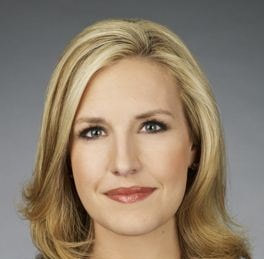
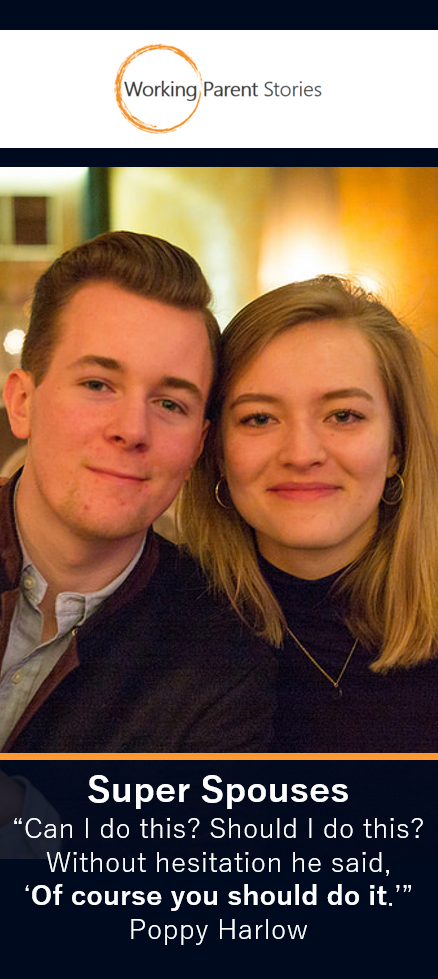
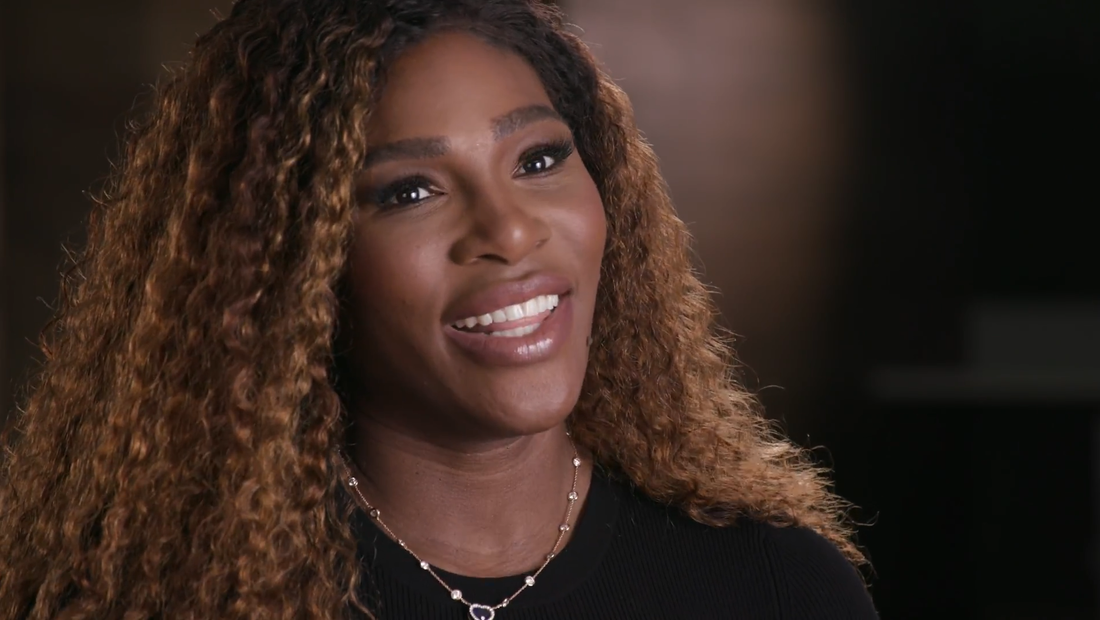

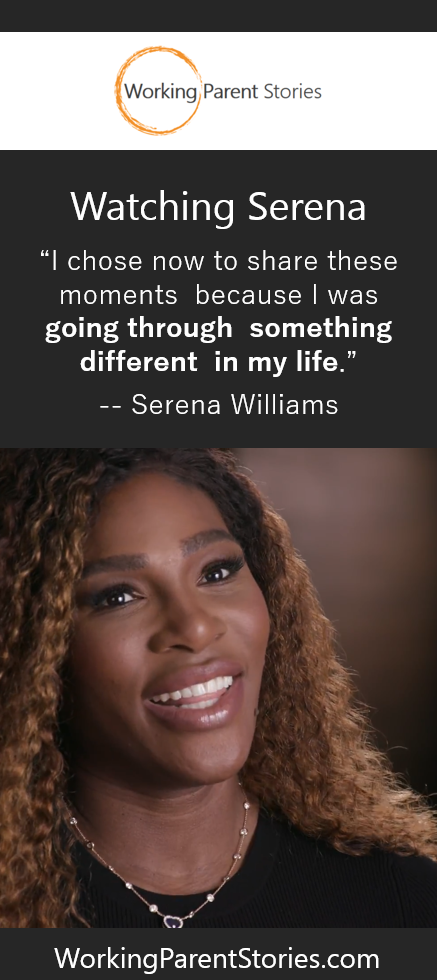


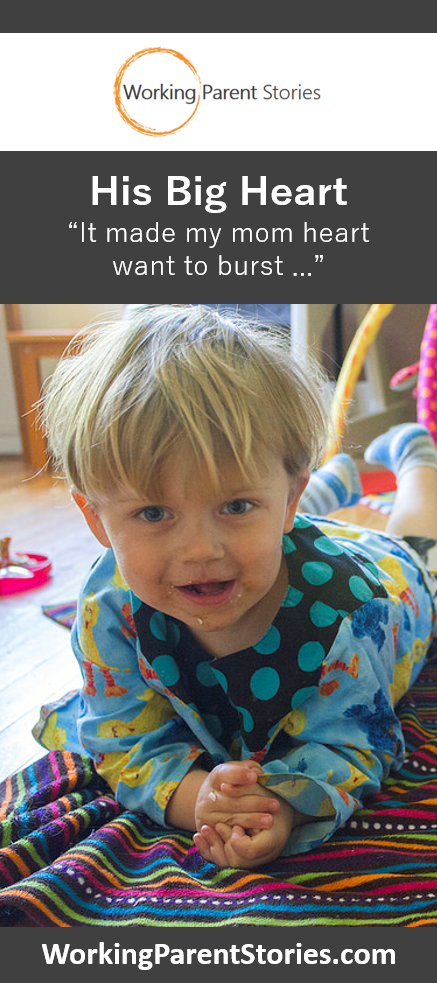

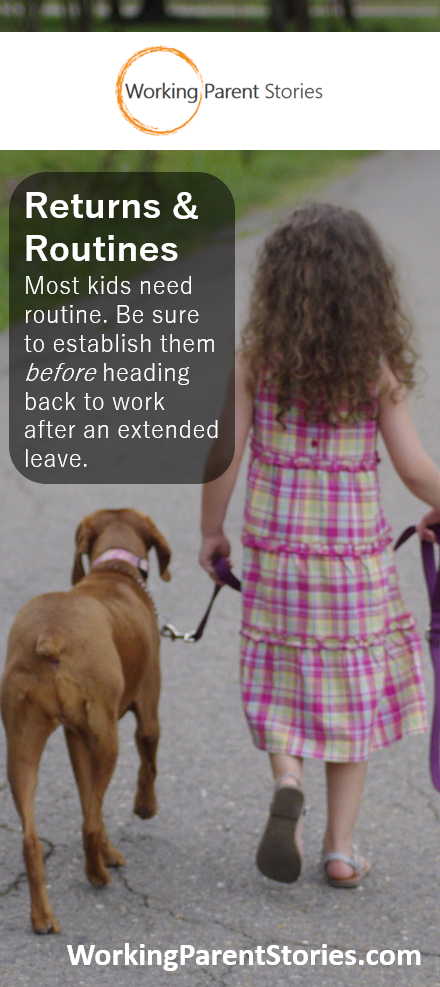






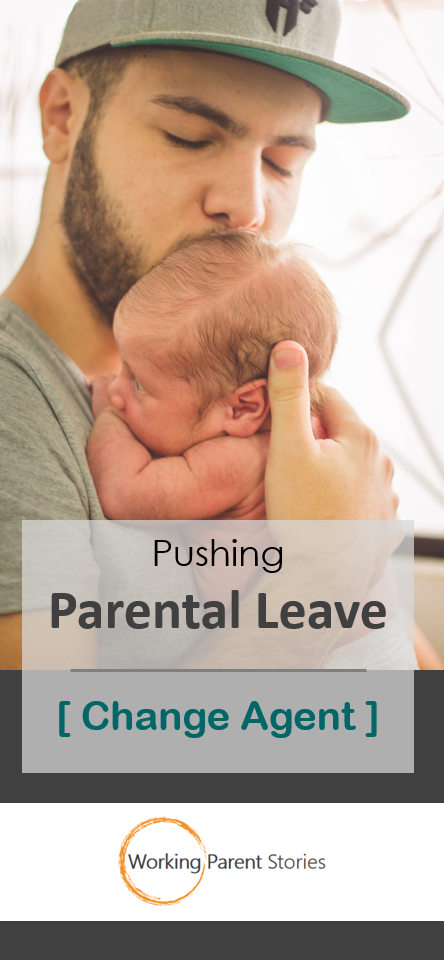
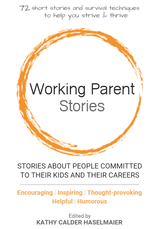
 RSS Feed
RSS Feed